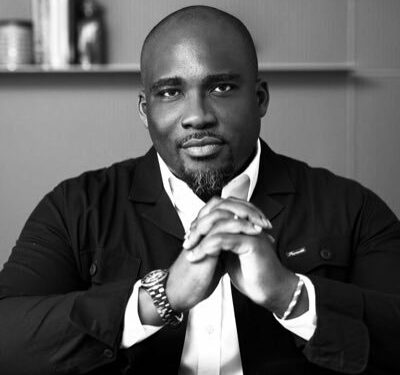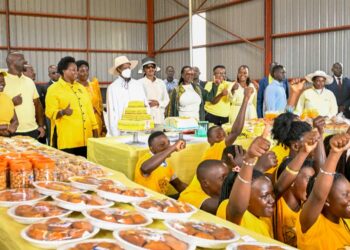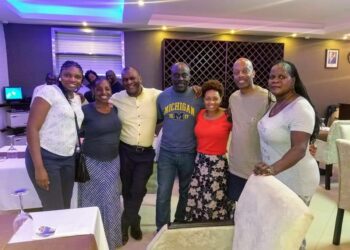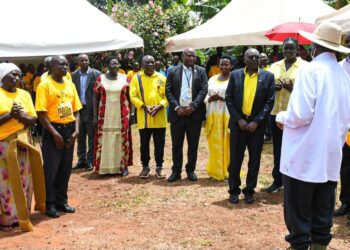KIGALI, RWANDA — April 6, 1994, marked one of the darkest chapters in modern African history. On that night, the plane carrying Rwandan President Juvénal Habyarimana and Burundian President Cyprien Ntaryamira was shot down over the Rwandan capital, sparking a genocide and a regional crisis that continues to shape the Great Lakes region to this day.
Now, 31 years later, the son of President Habyarimana, Jean-Luc Habyarimana, has broken his silence in a powerful personal reflection — part remembrance, part indictment, and part call to action.
“I was only 18 when I lost my father,” he writes. “Our little sister was 14. We saw the unimaginable. And today, as a father myself, I understand the weight of that moment — his final thoughts, no doubt, were of his children, his people, his Rwanda.”
In his statement, the late president’s son blames current Rwandan President Paul Kagame and the Rwandan Patriotic Front for orchestrating the assassination — a claim long contested by Kagame’s administration and Western allies. He accuses the international community of shielding the perpetrators from justice, saying, “The facts are known. Rwandans know. Congolese know. Burundians know. Even Western chancelleries know.”
The downing of the plane, allegedly by surface-to-air missiles, has been shrouded in mystery and political silence for decades. The immediate aftermath saw the eruption of the 1994 Genocide, in which more than 800,000 people were killed in 100 days.
But critics argue that the narrative has been tightly controlled by the post-genocide Rwandan government, leaving no room for alternate versions of history or shared mourning.
“This month of April,” the statement reads, “must cease being a propaganda tool and become a time of shared remembrance. This memorial apartheid must end.”
Jean- Luc Habyarimana calls for international accountability, renewed regional justice, and the revival of a vision his father once held — of a sovereign, reconciled, and peaceful Rwanda.
“April 6 belongs to all of us, not just those who monopolize grief to hide their own crimes. The silence must end. A new generation must rise, one that refuses to negotiate its memory or its dignity.”
Habyarimana ends with a nod to the millions of victims — not only in Rwanda but in the Democratic Republic of Congo and Burundi — whose pain has never been fully acknowledged in the official record.
In 2014, the United Nations and the African Union designated 7th April as a day of remembrance for the 1994 Genocide against the Tutsi.
Do you have a story in your community or an opinion to share with us: Email us at editorial@watchdoguganda.com













